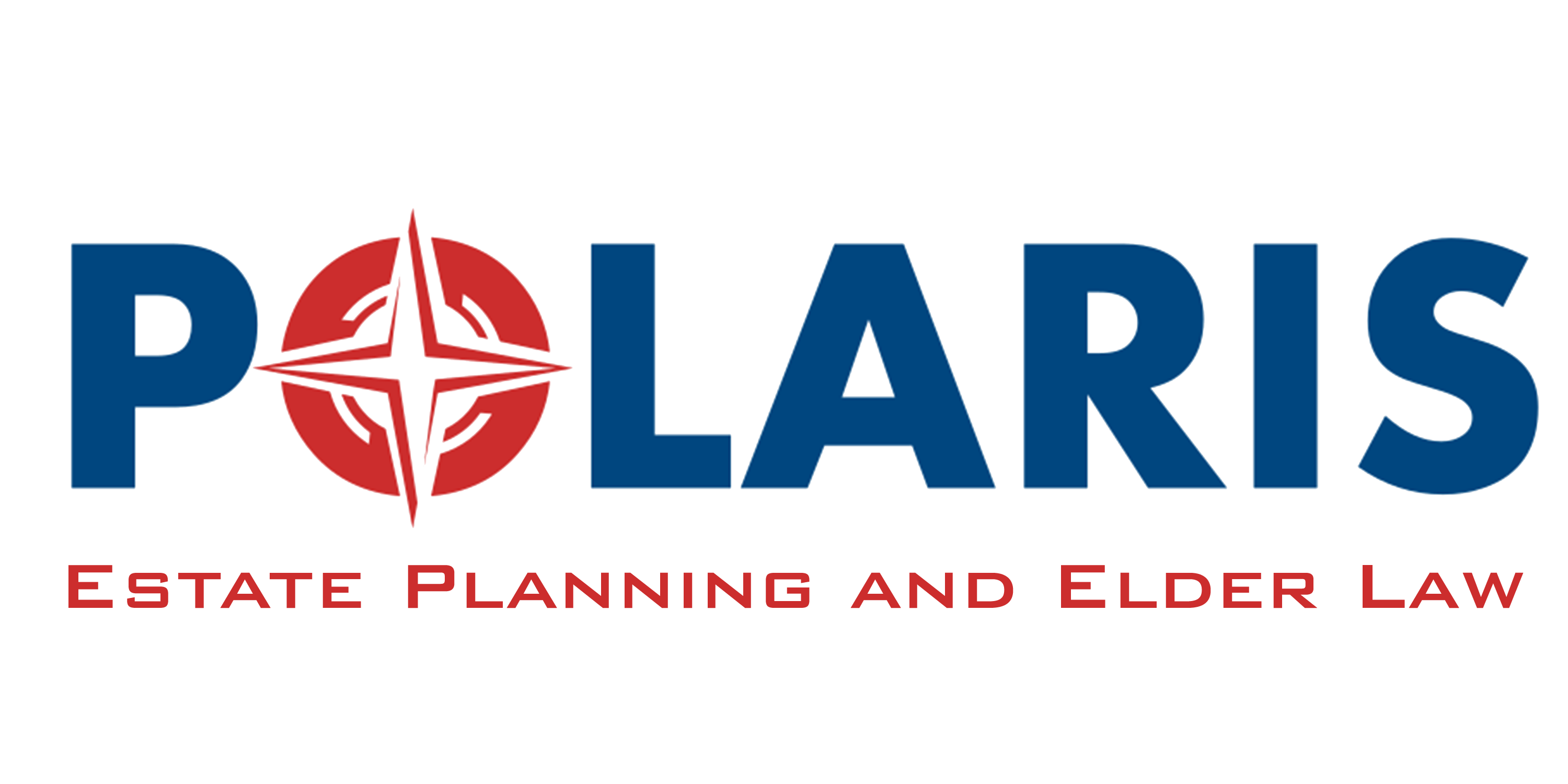Identifying your assets to bequeath to loved ones can be complex. You may own your marital home with your spouse in joint tenancy. Still, that home escapes probate because it transfers to your spouse as the sole owner if you die—however, property held as tenants in common passes to beneficiaries.
Failing to properly identify and categorize property for testamentary vehicles like wills or trusts can lead to intestacy issues. These issues often devolve into family squabbling when prospective beneficiaries believe they are entitled to certain assets not listed in a will. Organization is the key. A knowledgeable estate planning attorney can help you establish asset ownership in Lake St. Louis and arrange their distribution according to your wishes.
When Confusion Prevails
Qualifying assets such as bank accounts or a vehicle is simple when they are titled in one name alone. When assets are owned by more than one person, or a testator does not include them in a will or trust, the courts will sort through the ownership issue in probate and assets can be deemed to pass through intestacy. Testators lose control of how assets are passed in intestacy and the state steps in to do it for them.
For example, failing to account for a partnership or limited liability company membership interest leaves that business open to intestacy laws if the business also does not address succession when an owner is incapacitated or dies. An estranged spouse or child with no interest in the business could become an unintended partner if the decedent does not establish a succession plan upon death.
If a tenant-in-common co-owner dies without settling succession rights, one property could pass to several of the decedent’s children, making managing the property difficult. Let a lawyer in Lake St. Louis assess assets and ensure they are identified and categorized for passing ownership to chosen loved ones.
Why Identifying and Establishing Ownership Rights Matters
Beneficiaries know their benefactor’s intentions and tend to squabble less when a will with all assets accounted for is executed.
When assets are not transferred by will or trust, the state takes over and allocates bequests according to state intestacy law. This means a relative that a testator has left out of a will may still inherit based on a formula adopted as law. For example, an estranged wife who is still married to the testator could become a business partner with no interest or experience.
Invalidating a Will
Wills identify and name assets and match them to beneficiaries. Improperly categorizing or establishing ownership of assets means the probate court can invalidate a will and distribute assets via state intestacy laws. Spouses and children are the first to inherit, but if a testator wishes for aged parents to benefit, incorrectly categorizing assets will preclude that.
Establish Assets and Ownership in Lake St. Louis With Help From an Attorney
Once you begin estate planning, the first order of business is to identify the assets you own, separately and jointly. Forgetting to categorize and designate assets could also leave them to intestacy laws, and your final wishes may be circumvented.
Our attorneys could assist you in compiling a list of your assets and determining in what form you own them. We could discuss the estate planning tools that are most beneficial for tax planning with you and make a plan for your loved ones to inherit certain assets. Call now to schedule a consultation with one of our skilled attorneys, who will sort out your assets and ownership in Lake St. Louis.
 N/a
N/a